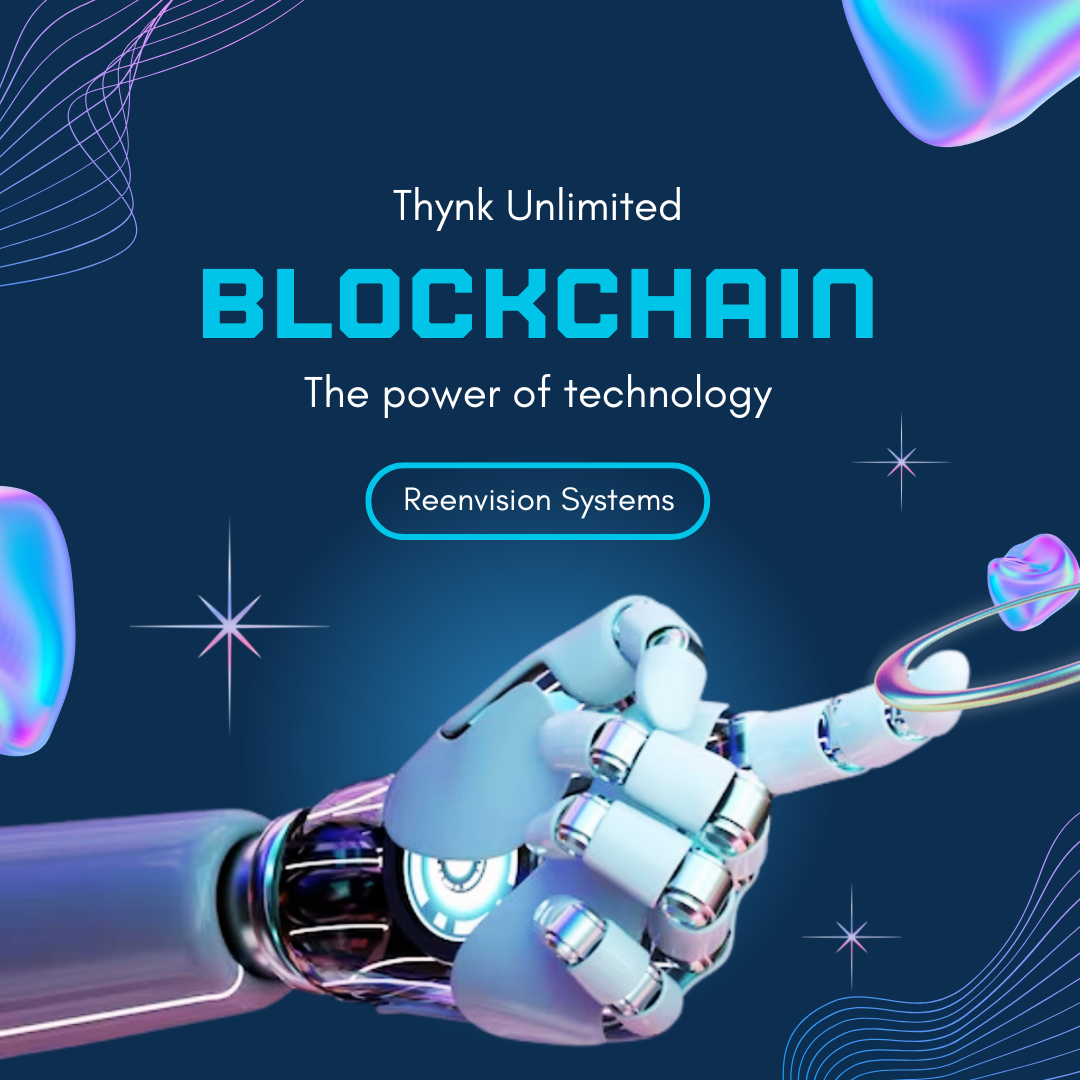
Blockchain
Blockchain is a decentralized, distributed ledger technology that records transactions across multiple computers in a way that ensures security, transparency, and immutability.
Blockchain is a transformative technology that enables secure, transparent, and tamper-proof digital transactions by creating a decentralized and distributed ledger. Originally developed as the foundation for cryptocurrencies like Bitcoin, blockchain has rapidly evolved to support a wide range of applications across industries such as finance, supply chain, healthcare, and government.
Each block in the chain contains a record of transactions that is validated by a network of nodes, ensuring data integrity and trust without the need for intermediaries. Key features like immutability, transparency, and real-time traceability make blockchain ideal for applications involving digital identity, smart contracts, asset tracking, and secure data sharing. As organizations seek to build more secure and efficient systems, blockchain offers a powerful solution for enhancing trust, reducing fraud, and streamlining complex processes in an increasingly digital world.




